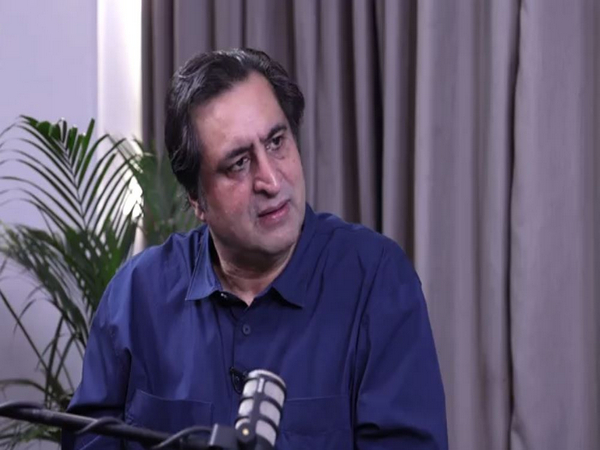JKPC Chairman Sajad Lone Criticizes Political Marginalization Post-Article 370 Abrogation
In an exclusive interview, JKPC chairman Sajad Lone discusses the marginalization of Jammu and Kashmir politicians post-Article 370 abrogation. He criticizes the BJP's decision and expresses dissatisfaction over the region's relegation to Union Territories. Upcoming assembly elections mark the first since the 2019 reorganization.

- Country:
- India
Jammu and Kashmir People's Conference (JKPC) chairman Sajad Gani Lone stated on Tuesday that the region's politicians have been marginalized since the abrogation of Article 370. Speaking in an exclusive interview with ANI, Lone asserted, "We do not matter. Well, post-2019, no Jammu and Kashmir politician has actually mattered. They have been sidelined entirely. The current administration is solely bureaucratic with no elected representatives involved."
Lone highlighted the exclusion of politicians from official functions, reinforcing the notion of political apartheid over the past five years. "Even for events like Republic Day and Independence Day functions, politicians no longer receive invitations. This isn't exclusive to any single party. It's a widespread sidelining of all political parties," he noted. Lone criticized the BJP-led central government's move to downgrade Jammu and Kashmir to Union Territories as a severe humiliation.
"I firmly believe that revoking Article 370 and 35A was a grave mistake. It was especially humiliating to reduce one of India's most powerful and economically robust states to a Union Territory," Lone remarked, expressing deep disappointment as a resident of the former state. He recounted how, while imprisoned, his party was the first to legally contest the abrogation in the Supreme Court.
In August 2019, the Indian government annulled Article 370, stripping Jammu and Kashmir of its special status and reorganizing the region into two Union Territories, Jammu and Kashmir and Ladakh.
Jammu and Kashmir assembly elections will occur in three phases on September 18, 25, and October 1. The region comprises 90 assembly constituencies, with 7 seats reserved for SCs and 9 for STs. According to the Election Commission of India, Jammu and Kashmir has 88.06 lakh eligible voters. These elections are the first to be held since the abrogation of Article 370.
(With inputs from agencies.)









